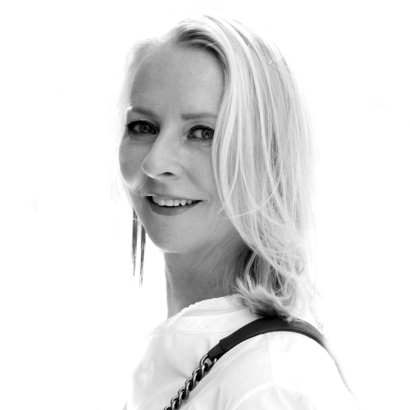When I was in my 40s, I occasionally lied about my age. I only rounded down by a year, pretending to myself that I was bad with numbers, which is accurate but also dumb. From my current perspective, my age back then seems practically adolescent. I tell the truth now but prefer not to volunteer it, and I’d appreciate it if you didn’t ask. Let’s just say I’m old enough to search the New York Times obituaries the way I once did the wedding announcements. Avidly. Looking for familiar names.
A friend in the fashion world—let’s call her Sasha—is known around those parts for refusing to tell her age to anyone in her adult life. Most of the time, her secret stays safe. But she’s been on dating apps lately, and her approach has proved to be a bit, let’s say, controversial. When I called to chat about it, she told me cheerfully that she was “getting ready for a date with a guy I lied to.”




